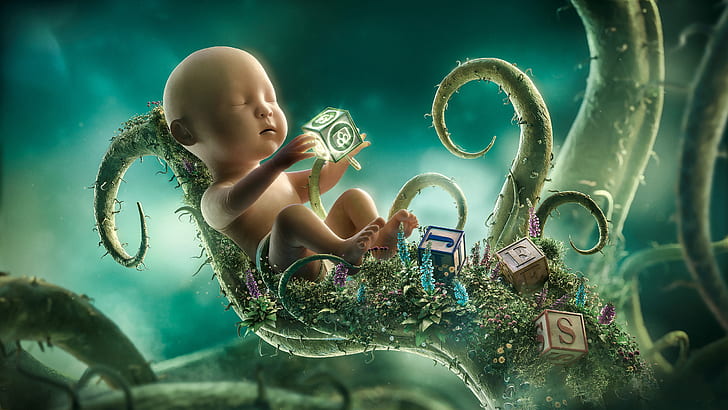
Child Development: Milestones to Watch For
Data Diary
Infant Milestones (0-12 months)
In the first year, infants typically achieve milestones such as smiling, rolling over, sitting up, and beginning to crawl. They also start to babble and respond to their names.

Toddler Milestones (1-3 years)
Toddlers begin to walk, run, climb, and explore their environment. They develop language skills, start forming simple sentences, and show more independence and curiosity.
Preschool Milestones (3-5 years)
Preschoolers refine their motor skills, engage in imaginative play, and develop social skills. They learn to dress themselves, count, and recognize letters and numbers.
Early School Age Milestones (6-8 years)
Children in this age group develop reading and writing skills, understand basic math concepts, and participate in structured activities. They also build friendships and learn to cooperate with peers.
Middle Childhood Milestones (9-11 years)
During middle childhood, children gain greater physical coordination, improve academic skills, and develop a sense of self and individuality. They become more aware of their emotions and learn to manage them.
Early Adolescence Milestones (12-14 years)
Early adolescents experience significant physical changes due to puberty. They seek more independence, develop abstract thinking, and form deeper relationships with peers.
Late Adolescence Milestones (15-18 years)
Late adolescents prepare for adulthood by making decisions about their future, such as career choices and higher education. They solidify their values, beliefs, and personal identity.
Supporting Your Child's Development
Support your child's development by providing a nurturing environment, encouraging exploration, and being responsive to their needs. Engage in activities that promote learning and emotional growth.
Recognizing Developmental Delays
It's important to recognize signs of developmental delays and seek professional guidance if you have concerns. Early intervention can help address issues and support your child's progress.
Healthy Habits for Growth
Ensure your child has a balanced diet, regular physical activity, and adequate sleep. Healthy habits are crucial for physical and cognitive development.
The Role of Play
Play is essential for learning and development. Through play, children develop social skills, creativity, problem-solving abilities, and emotional resilience.